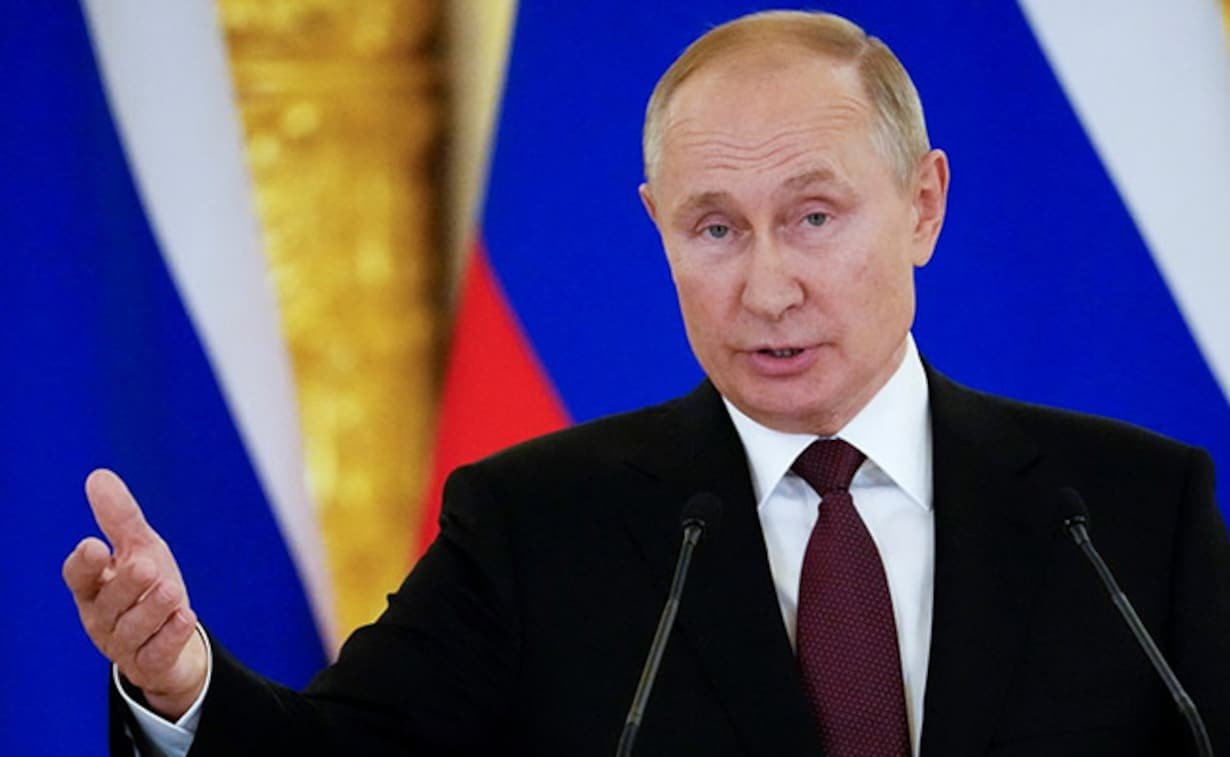On Tuesday, the Federal Apex Committee of Pakistan’s National Action Plan approved a large-scale military operation aimed at tackling terrorist organizations operating in Balochistan. These groups have been targeting civilians and foreign nationals to destabilize the country and hinder its economic growth, allegedly under the influence of hostile foreign powers.
In recent months, there has been a significant rise in attacks against security forces, law enforcement, and security checkpoints, particularly in Balochistan and Khyber Pakhtunkhwa. A recent suicide bombing at a Quetta railway station claimed 26 lives, including 16 security personnel, and injured 61 others. The banned Balochistan Liberation Army (BLA) claimed responsibility for the attack, stating its Majeed Brigade carried it out.
The meeting focused on reinvigorating Pakistan’s Counter Terrorism (CT) efforts. Chaired by Prime Minister Shehbaz Sharif, the session was attended by federal ministers, provincial chief ministers, Chief of Army Staff (COAS) General Syed Asim Munir, and senior government officials.
The military operation, aimed at tackling groups like the BLA, Majeed Brigade, Balochistan Liberation Front, and Balochistan Raaji Ajoi-R-Sangar, was given approval. Participants were briefed on the evolving security situation and discussed a range of challenges, including terrorism, sub-nationalism, religious extremism, crime-terrorism links, and disinformation campaigns.
The committee emphasized the need for political unity and a cohesive national narrative to effectively address these challenges. It was stressed that political support across party lines and national consensus were essential for the success of the counterterrorism campaign under the Vision Azm-i-Istehkam framework.
Key decisions included revitalizing the National Counter Terrorism Authority, establishing intelligence fusion centers, and improving coordination between federal and provincial governments. A whole-of-system approach was adopted, integrating military, diplomatic, political, and socio-economic efforts to combat terrorism and instability.
The Prime Minister directed all stakeholders to implement these initiatives urgently, stressing the importance of timely execution. He also emphasized that sustained and coordinated efforts were necessary to protect Pakistan’s sovereignty, ensure citizens’ safety, and maintain national stability.
COAS General Munir reaffirmed the Pakistan Army’s commitment to eliminating security threats and supporting the government’s efforts for peace and stability. He stressed that anyone who tries to hinder Pakistan’s security would face consequences.
PM Shehbaz Sharif linked the country’s economic and political stability to the elimination of terrorism. He highlighted that the efforts to improve Pakistan’s financial situation and political harmony were interrelated, and that peace was essential for continued progress.
The Prime Minister also praised the provincial governments for their support in securing approval for the International Monetary Fund (IMF) program and emphasized the need for collective action to solve economic issues like tax evasion, circular debt, and energy theft. He warned that unless terrorism is eradicated, the country’s progress would be jeopardized.
The meeting concluded with a call for unity among political leaders, urging them to reconsider calls for political unrest and focus on the nation’s stability.

















































